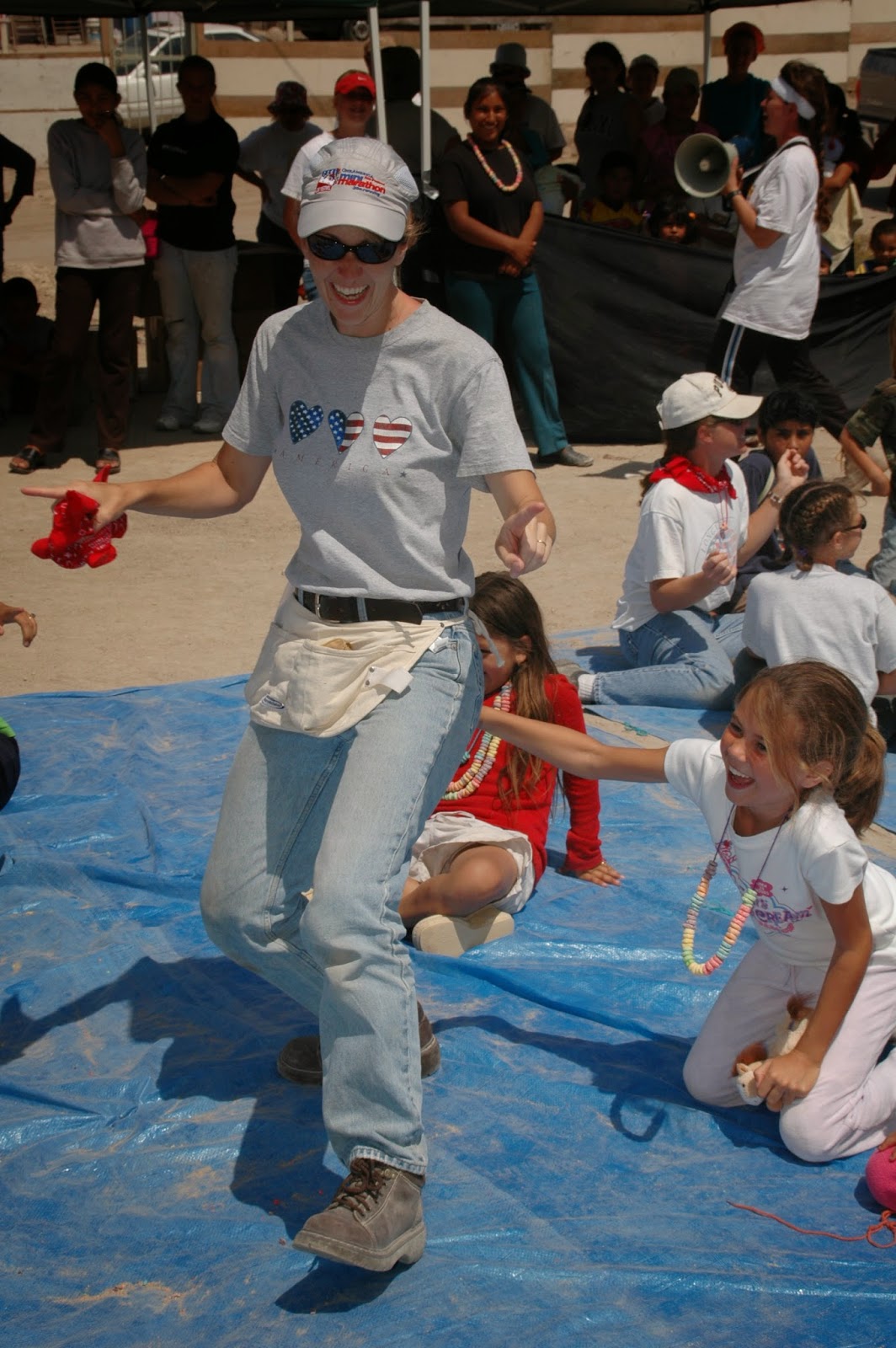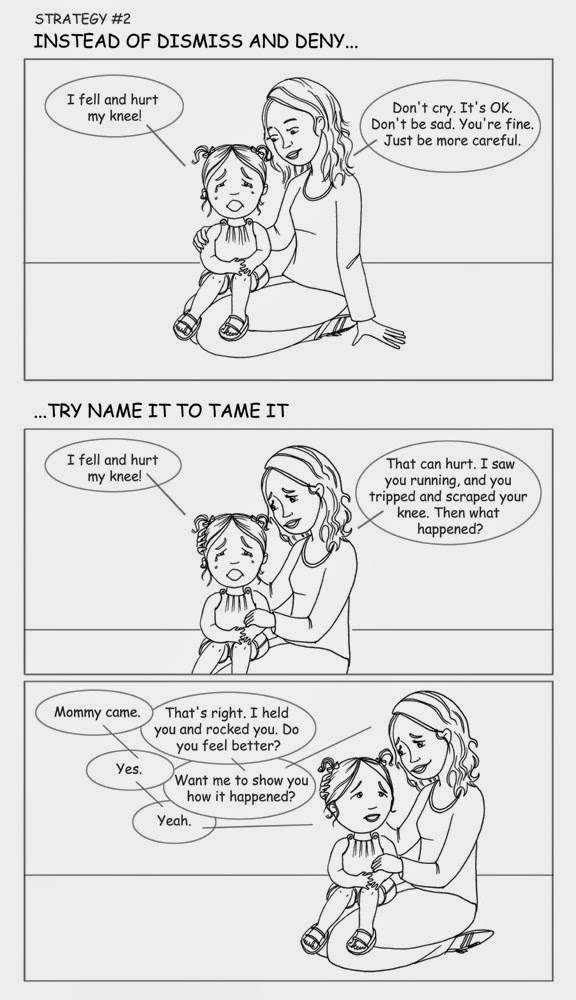In these last months there has been a great hue and cry about the importance of showing respect, especially to law enforcement officers. I am in 100% agreement with this injunction. Law enforcement officers deserve our respect and admiration for a myriad of reasons. So do teachers and cashiers and pharmacists (my sister could tell you some stories! Whew!)
I’ve loved the two football teams for which my son has played, and one reason is because several of the volunteer coaches are police officers. Several times a shift has run late and they’ve come to practice in their uniforms. My son has the uncanny ability to suss out the power dynamic in a situation faster than any kid I’ve ever met. (And the hubris to step into any perceived power gap and take the reins of control for himself.) But when a large, muscular football coach in full police gear commands this bitty baller to drop and give ten, it’s clear who holds the power. There is no other response than, “Yes, sir!”
 |
| My kid being told to "guard the corner and stop getting sucked in!" Both the coach and the chain crew are law enforcement officers. |
This builds respect. Because it also builds relationship. And here’s where I see the mandate that “people should teach their kids respect” breaking down.
‘Cuz, y’all, can I just get a witness that it’s a daily, consistent, difficult battle teaching my child respect, and I’m living in a comfortable, fair, middle class world and surrounded by dozens of people supporting me in that effort - from his law enforcement football coaches to his teacher and classmates to his friends and my friends and family members to the high-fiving security guards at church. We’re working the program and he still gets mouthy and defiant and doesn’t always listen to directive.
But what of those parents who can’t or won’t teach this respect by reason of generational poverty, addictions, crime, abuse, injustice or fear?
According to Bruce Perry, MD, PhD, Senior Fellow of the ChildTrauma Academy, “We know that our biology predisposes us to mirror the actions of those we see around us... These facts are wonderful when what we are considering repeating is loving and nurturing, but they are frankly terrifying when we think about the violence and the increasing number of simulations of violence that surround us and our children.” He continues, “The mirroring systems of our social brains make behaviors contagious. And again, this is wonderful when what you are practicing is sports or piano or kindness, but not so great when what’s being repeated is impulsive, aggressive responses to threat.”
So what are we to do? Are we to shake our heads at the Michael Browns of the world and tsk, tsk their fate because, well, they should have learned respect.
How are they to learn?
This seems a pivotal moment for those of us carrying the banner of respect - a moment either to make a different or to shake our heads. What if all those believers who shout, “Yes! People should learn respect!” step in to mentor youth? To model and teach respect?
Organizations like: Big Brothers Big Sisters, Every1Reads, (seriously, y'all, teachers are on the front line in this directive), Kentucky Refugee Ministries, Uspiritus, Orphan Care Alliance, Boys' and Girls' Club, Portland Promise Center, just to name a few that come immediately to mind, are all desperate for volunteers and financing. They could all benefit from our desire that children learn respect. Respect comes from relationship. Who better to build those relationships than believers? Who better to stand in the gap for oppressed and downtrodden youth? Who better to build bridges and create relationships for “such a time as this”?
This is too big a moment to just talk the talk and lament the state of society today. If we want children to learn respect, then we need to show the way.

























